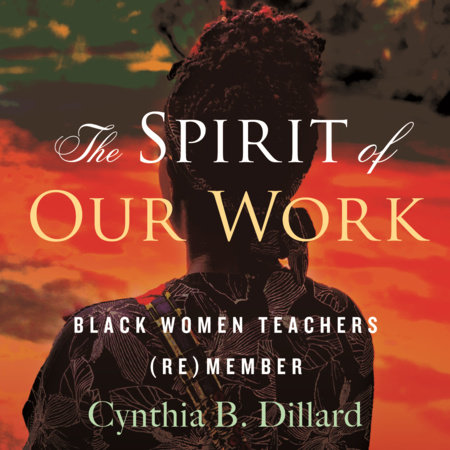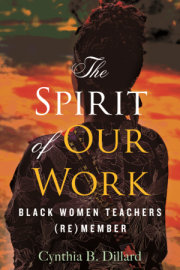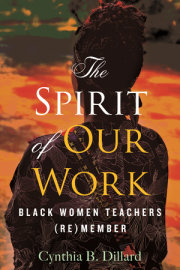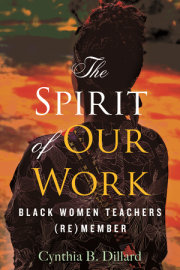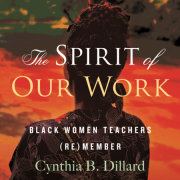Foreword
Bettina L. Love
INTRODUCTION
For Those Who Chose to Survive: Our Promise to (Re)member the Ancestors
CHAPTER 1
My Spirit (Re)members Me Whole: The Importance of Black Women’s Knowing, Memory, and Spirituality
CHAPTER 2
“I Was Missing Something, Something So Important”: (Re)searching
CHAPTER 3
The Evidence of Things Unseen: (Re)visioning
CHAPTER 4
A Change of Mind and Heart: (Re)cognizing
CHAPTER 5
The Truth Will Set Us Free: (Re)presenting
CHAPTER 6
The Invitation, Sanctuary, and Living Legacy: (Re)claiming
CHAPTER 7
(Re)membering Is Not Optional: A Love Letter to Those Who Teach
Afterword
Gholdy Muhammad
Acknowledgments
Notes
Bibliography
Index

